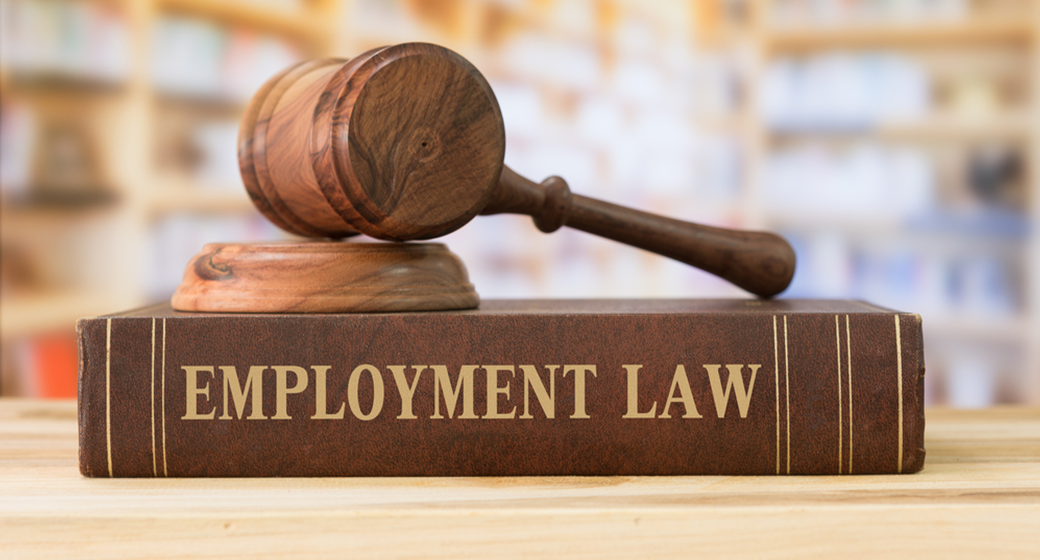
-
Posted By Sirmabekian
-
2023
-
0 Comments
Understanding employment law is important for both employees and employers. It helps workers know their rights and employers to follow the law. In the workforce, termination and unfair dismissal are two terms that are often confusing. Although they might seem similar, they are different in the eyes of the law. Termination is a broad term that means the end of an employee’s job. Unfair dismissal is a specific type of termination that may happen without a fair reason or if the employer does not follow legal procedures. Employees must understand these terms so they can protect their rights. Similarly, employers must understand the differences between termination vs. unfair dismissal and ensure they act lawfully when ending an employment contract is necessary.
Wrongful Termination: Definition and Examples
Wrongful termination happens when an employee is let go from their job in a way that breaches their contract or violates employment laws. For example, if someone is fired because of their race, age, or religion, this is wrongful termination because it goes against equal employment opportunity laws. Another instance is if an employee is fired for taking time off that they’re legally entitled to, like jury duty or maternity leave. These are rights protected by law, and dismissing someone for these reasons could be wrongful. Understanding what makes a termination wrongful is key for employees to know if they’ve been treated unlawfully. It’s also vital for employers to avoid legal trouble by respecting the laws that protect workers.
Unfair Dismissal: Understanding Legal Parameters
Unfair dismissal is a specific legal term referring to cases where an employee’s termination from their job is unjustified or violates employment law. It occurs when an employer does not have a good reason for firing an employee or fails to follow the company’s formal process for termination. For instance, it may be considered unfair if someone is dismissed without prior performance conversations or warnings. Workers need to understand that not all unpleasant or seemingly unfair situations qualify as unfair dismissal legally. The law sets strict guidelines on what constitutes this, and these often include factors such as the length of employment, the reason given for the dismissal, and whether the employer followed fair procedures.
Legal Recourse: Options for Employees
If employees believe they have been wrongfully terminated or unfairly dismissed, they have several options to seek justice. They can start by discussing the issue with their employer or the human resources department to seek a resolution. If this doesn’t work, they can file a complaint with a relevant government agency that handles labor disputes. In many places, labor boards or tribunals are specifically designed to hear such cases. Additionally, employees have the option to seek legal advice from a lawyer who specializes in employment law. They may advise filing a lawsuit against the employer for compensation or reinstatement in the job. However, acting promptly is crucial since many legal actions have strict time limits. Employees should gather all relevant documents, such as employment contracts, communication about the dismissal, and other evidence supporting their claim.
 English
English Spanish
Spanish